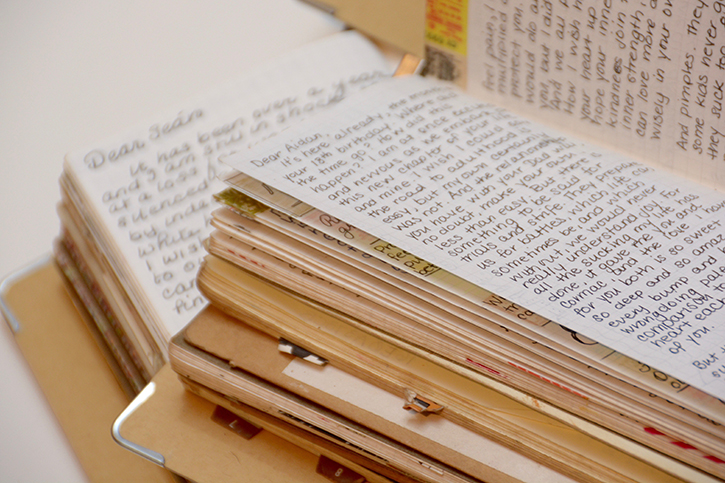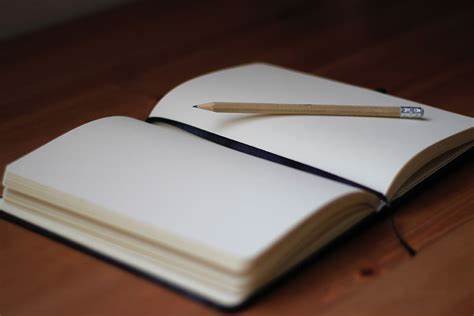Why You Should Keep A Diary

In 1939 Iris Origo, an Englishwoman married to an Italian nobleman kept a diary. She wrote of the atmosphere in Italy under the Fascist regime and in the leadup to the Second World War. I was astonished when I read about the amount of blatant propaganda dished out by the Government and how people across the socio-economic spectrum swallowed the party line without hesitation.
We’re Part of a Bigger Story
It felt like I was reading about the extraordinary events of our own time which we have been thinking of as ‘unprecedented’. And the realisation that we are not alone and that we are part of the fabric of human history was a hugely comforting realisation. Suddenly, we are able to meet adversity with fortitude as we take inspiration from those who have gone before. We are part of a bigger story, and that is a unifying experience because as we see others with stories of their own we are able to see our common humanity.
We Are United
We live in a time where we are encouraged to differentiate and tribalise, and most of us are doing this without realising that we are conforming. But reading diaries from other times has helped me to step back and get a clear understanding of what is happening. We’re not alone. This isn’t the first time things like this have happened. We’re part of the fabric of human history. How comforting to know this. How reassuring. How empowering for us to see that we can turn things around and focus on our similarities, rather than on our differences.

Sharing Our Culture
Diary keeping helps to maintain our culture. By sharing our stories and experiences we pass on our values, and this impacts the thought processes of those who will read what we have written. It’s the diaries that have given us clarity and understanding. And we can do this for others. We can join that long tradition of diarists who recorded their lives and the world around them.
Personal Benefits of Diary Keeping
There are other personal and more short term reasons for diaries too. It’s a personal record. It’s a way to keep track of our lives, helping us to look back on how far we’ve come, how much we’ve achieved, and in what ways our lives have changed. Without a diary to look back on we forget the small details of our lives, often misremember certain events. Without a diary we can’t fully appreciate the trajectory of our lives. Because a diary is a written record it’s actually a valuable form of history writing. It gives a voice to the everyday stories of the people ‘on the ground’ who are experiencing an era in real time.

So keeping a diary is a benefit both to us, and to others who might read our entries one day. We’re continuing a great tradition, and we’re passing on stories to the next generation. Join me in diary writing. Write at The Pepys Project, because it’s giving you a platform, and a place to join with your contemporaries in recording daily life in 2024.
.
Notes:
Iris Origo’s diary has been republished by Pushkin Press in 2017. It is called A Chill in the Air: An Italian War Diary 1939-1940. Pushkin Press have also reissued her more famous War in D’Orcia: An Italian War Diary 1943-1944. Both books are readily available in bookshops and libraries.
.
.
